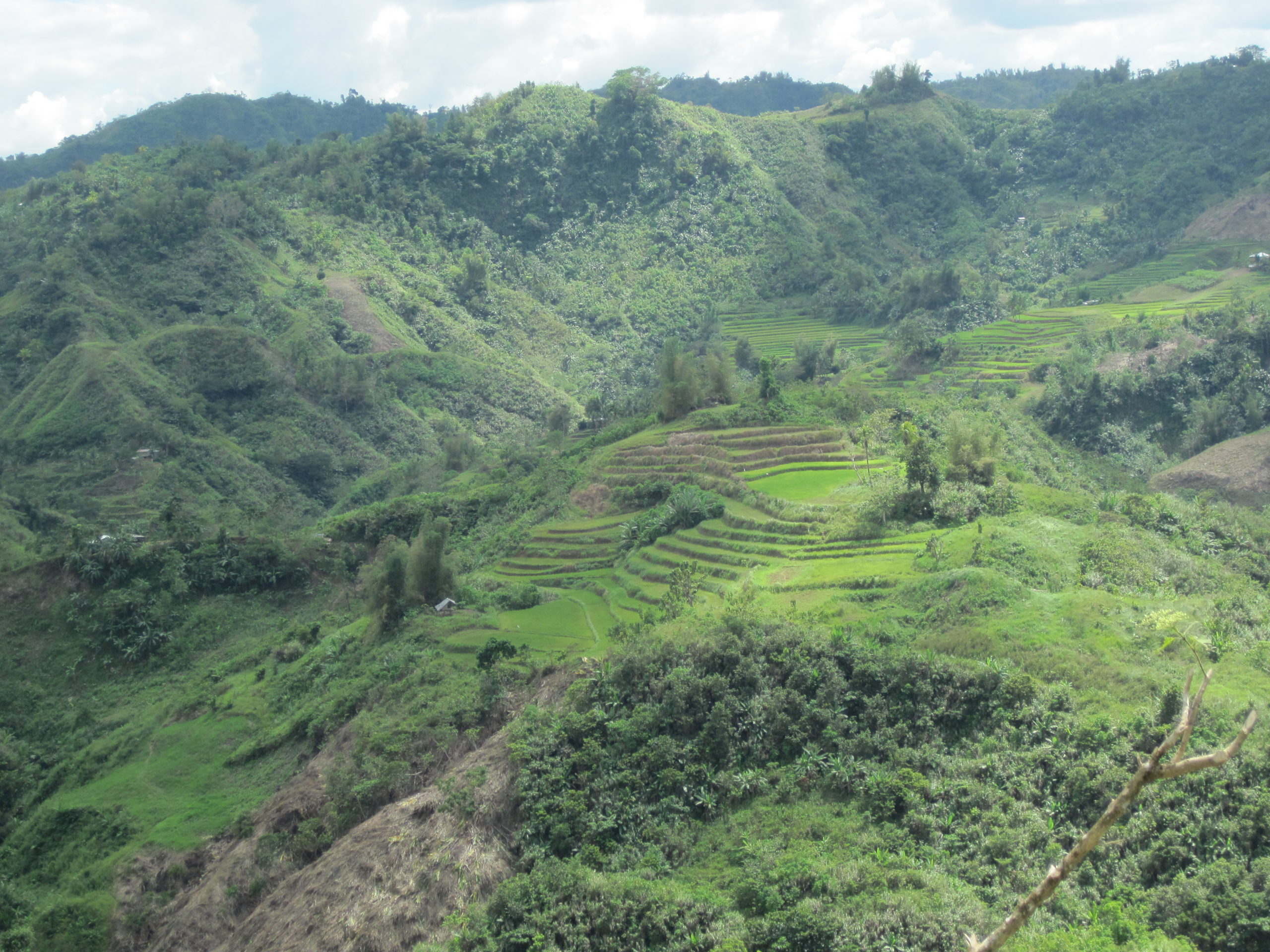On March 14, 2024, the International Rivers Day, indigenous communities and environmentalists gathered in front of the Philippine Department of Environment and Natural Resources (DENR) to protest against the construction projects of megadam and hydropower plants. While the Philippines is endeavoring to increase its mining and large infrastructure project activities, environmental groups are calling for strict limits to protect nature and indigenous areas.
The Kalikasan People’s Network for Environment (PNE) pointed out that the government of Marcos Jr. is sticking to major projects (e.g., the Kaliwa Kanan Laiban Dam, the Wawa Dam, the Ahunan Hydropower Project, the Jalaur Mega Dam, the Saltan Dam and the Pasig River Expressway) under the “Build, Build, Build” (BBB) programme of former President Duterte, even though they pose a threat to the environment and livelihoods of the affected local indigenous communities.
Beverly Longid, the National Chairperson of Katribu, a local indigenous community advocacy group, criticizes the disregard for the Free, Prior, and Informed Consent (FPIC) of indigenous communities for the construction of mega dams and hydropower projects in their ancestral domains. Longid questions the role of the National Commission on Indigenous Peoples (NCIP) in approving FPICs. According to Longid, the NCIP enables FPICs on the basis of forged signatures and purported consultations with indigenous communities. This would undermine the collective rights of indigenous peoples and often results in further human rights violations and increased militarization.
Mining activities and the construction of large infrastructure projects in the Philippines have often led to disputes over land rights and environmental impacts. One example of the serious human rights violations that often result from this is the so-called Tumandok massacre from December 30, 2020, where police and the military shot dead nine indigenous leaders in the province of Capiz and Calonog in Iloilo in a joint operation. The controversial Jalaur mega-dam project in Iloilo, which is located in the ancestral domain of the Tumandok communities, would also displace 17,000 members of indigenous communities.
In this context, there is also growing concern about the possible impact of the Marcos Jr. government’s planned constitutional amendment (Charter Change or “Cha-cha“) on the livelihood in the ancestral domains of indigenous communities. According to Longid, 14 mining, ecotourism, dam, and energy projects are already planned in ancestral domains, which are promoted by foreign companies. Despite the economic benefits of mining, it is predominantly the national government and not the local indigenous communities that is profiting from this, criticizes Maya Quirino from the Legal Rights and Natural Resources Center (LRC).
Photo © Hannah Wolf

